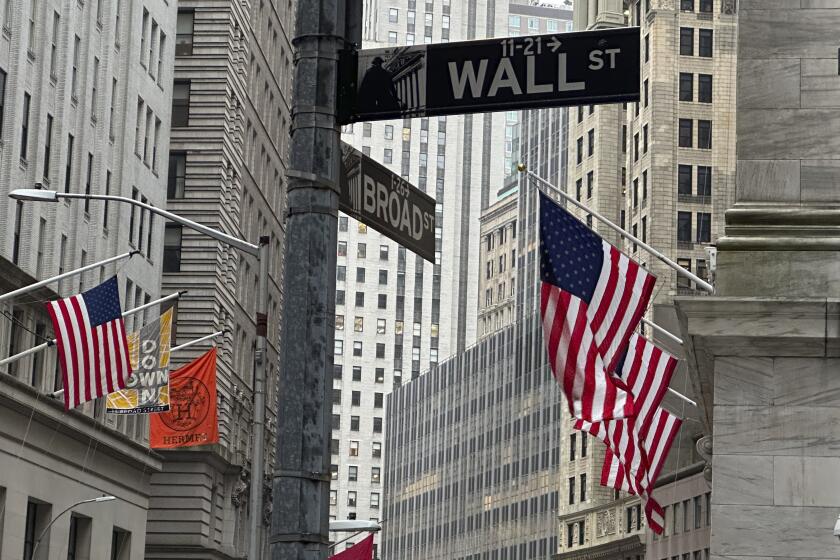Oil Could Hamper Plan for Europe’s Economy
European Central Bank President Jean-Claude Trichet, using words rather than policy, helped bring the euro down from a record in his first year in office, shoring up an economic recovery reliant on exports.
Trichet, 61, is powerless over the biggest threat to growth as he enters his second year in the job: oil. The 68% surge in crude oil prices since January means “uncertainties are augmenting” for the economic outlook, Trichet said in an interview in Berlin on Friday.
Trichet has presided over the longest period of unchanged interest rates since the Frankfurt, Germany-based ECB took charge of monetary policy for the euro area in 1999, keeping the benchmark rate at a six-decade low of 2%. Maintaining that stance risks fueling inflation, and a rate increase would reduce the chances of a rebound in consumer spending and investment.
“There’s a dilemma shaping up next year between higher-than-expected inflation and lower-than-expected growth,” said Joachim Fels, chief European economist at Morgan Stanley in London. Fels’ team said Thursday that oil prices might push the economy of the 12 nations sharing the euro into recession.
When Trichet took over from Wim Duisenberg in November, the economy was emerging from its first quarter-on-quarter contraction since the end of 2001. With the fastest global expansion in three decades in mind, the ECB’s staff predicts growth of about 1.9% this year, up from a decade low of 0.4% in 2003. Inflation will miss the bank’s limit of 2% for a fifth straight year, according to ECB forecasts.
Expectations of faster growth next year are fading. Expansion at manufacturers and service companies cooled and retail sales fell in September. Industrial production in Germany, France and Italy dropped in August. On Thursday, Detroit-based General Motors Corp. and Essen, Germany-based KarstadtQuelle, the country’s biggest department store owner, announced that a total of 17,500 jobs would be cut in Europe.
In the interview, Trichet backed away from the ECB’s forecast that growth would accelerate to about 2.3% next year, saying that expansion would “continue” at the 2.1% average annual rate of the previous four quarters. At the same time, crude oil prices, which reached a record $55 a barrel in New York that day, would require the ECB to remain on its guard about inflation, Trichet said.
“This anchoring of inflation expectations is for us absolutely key,” Trichet said. “We have to be vigilant. It’s important everyone sees that.”
In addition to the effects of record energy costs on the economy, Trichet may also have to grapple with a renewed rise of the euro, said Andrew Bosomworth, a Munich-based fund manager for Pacific Investment Management Co., which oversees about $400 billion in assets.






